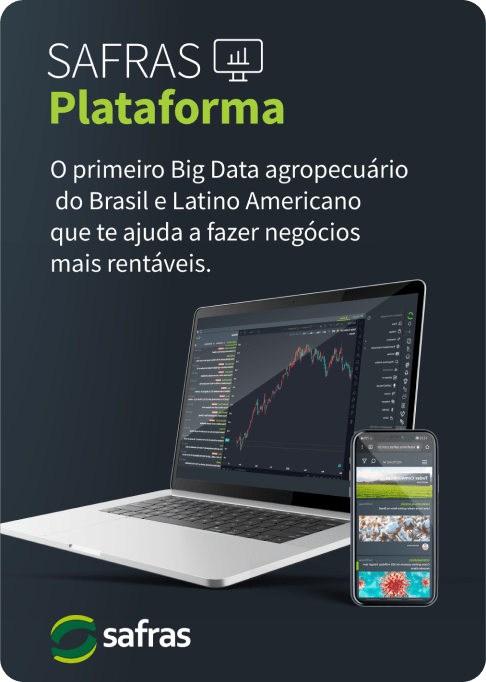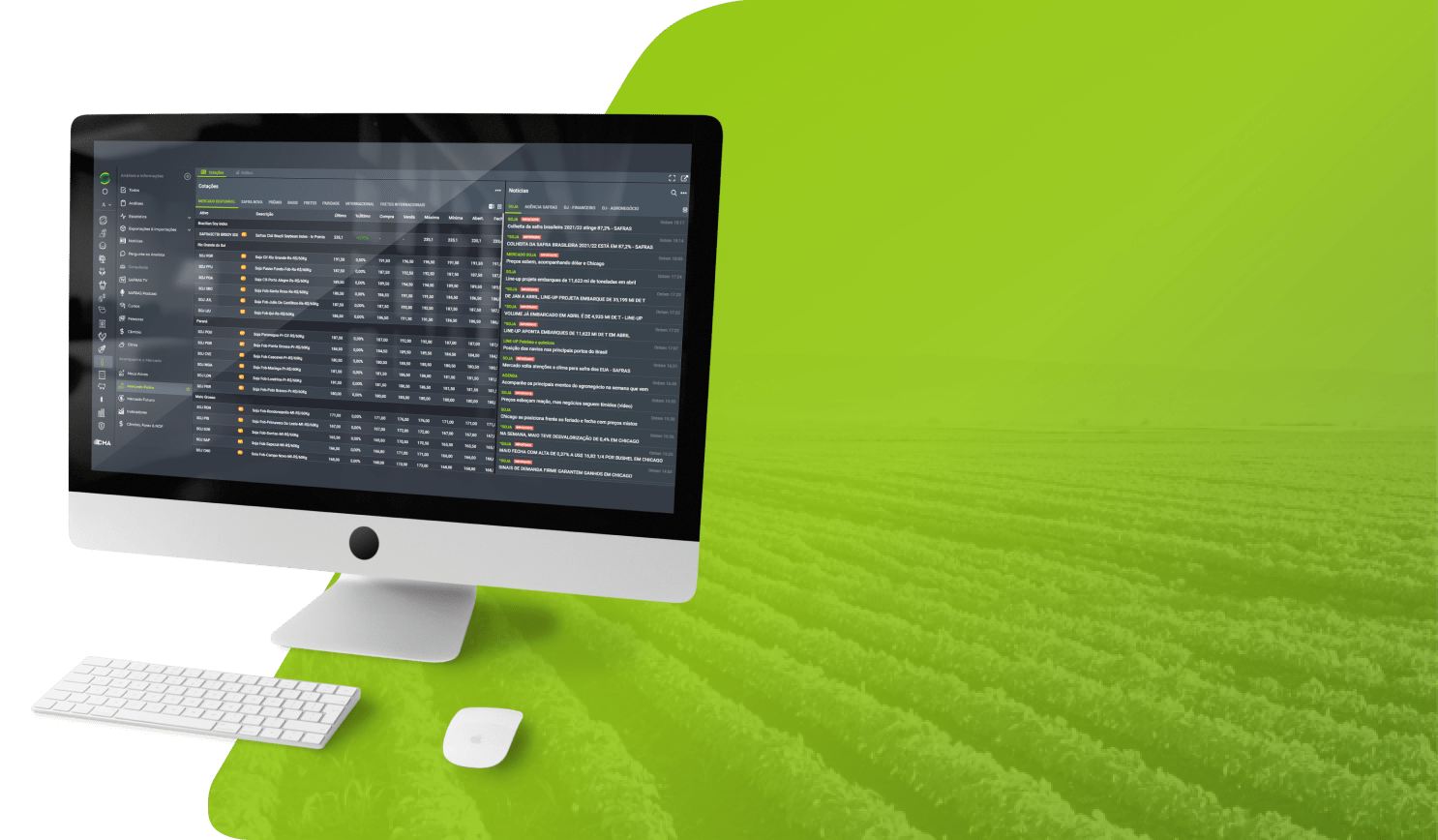Porto Alegre, January 27th, 2023 – On the fundamental side, the difficulty that buyers have faced in the brazilian coffee market, given the withdrawal of sellers and the appreciation of export differentials in origins, especially FOB Brazil, also favors the recovery of prices on the ICE US. The movement to strengthen world coffee differentials is the search for compensation for the decline in prices in New York. And it has support from the strong resistance of sellers.
Among mild coffees, the strengthening of the export price was more modest. The arrival of new coffee and the increase in available supply in Colombia and Central America inhibited a more significant advance in export differentials (bases) of these origins. The fact is that the sell prices of milds remain highly valued. Currently, Colombian coffee (ICO’s reference) is around 60 cents above the price charged on ICE US. The average basis of the last 5 years (the period between 2018 and 2021) is + 35 cents against ICE US. Colombian milds, which even exchanged hands 77 cents above New York in August 2022, are trying to get back closer to those from Central America, which started the year sustaining a premium of +47 cents over the New York terminal.
The movement of rising differentials is more intense for Brazilian naturals, which currently sustain a premium of +14 cents against ICE US. The sell price of Brazilian coffee in the last 5 years for January is -5 cents. The strengthened basis is a reflection of the limited supply available, given a much smaller-than-expected Brazilian crop in 2022, particularly of arabica coffee. The very short posture of sellers collaborates with the positive detachment movement of the internal physical price from the external reference. And that ends up justifying the firmer differentials on FOB Santos.
The losses in New York ended up serving to accentuate this stance, helping to distort references and widen the distance between bids and offers. Good cup MTGB coffee (screen 14/16), for example, is bidded at +1 cent FOB Santos. However, the neediest buyers have to be much more aggressive to move sellers. As a result, the few reported deals occur around +10 cents for fast shipment.
Leaving the available and looking at the new crop, the differences in FOB export are weaker, but still far from the idea of purchase, which makes business difficult. Good MTGB was traded at -12 cents for shipment in August 2023, which buyers see as a too expensive differential. The average reference for differentials in the last 5 years for the description at the beginning of the crop – between the months of July and September – is around -20 to -21 cents. Thus, even if well below the level practiced in the physical market, the foreign sell price is still not very attractive to buyers, taking liquidity away from negotiations with new crops in the FOB export market in Brazil. Arm wrestling must continue in the short term, with the ends likely to narrow with the proximity to and definition of Brazil’s 2023 crop.
Robusta’s differential, on the other hand, keeps rising, seeking realignment with arabica. The greater demand of the world industry for conillon associated with lower external supply from Brazil, which benefits internal supply, favors this movement of relative appreciation of the description. The ICO robusta benchmark currently hovers around -62 cents against ICE US. This description already exchanged hands at -125 cents in June last year.
Follow the Safras Agency on our website. Also follow us on our Instagram and Twitter and stay on top of the main agribusiness news!
Copyright 2023 – Grupo CMA





